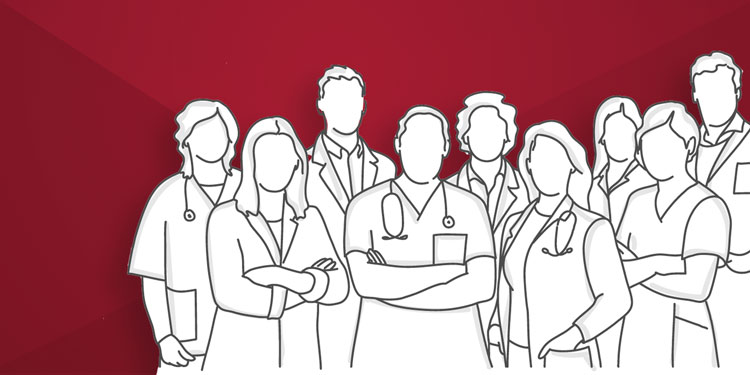What Doctors Wish Health Care Business Professionals Knew About the Practice of Medicine
Just as clinical health care professionals who work in care delivery contribute toward successful patient outcomes, so too do health care business leaders at all levels of the industry.
